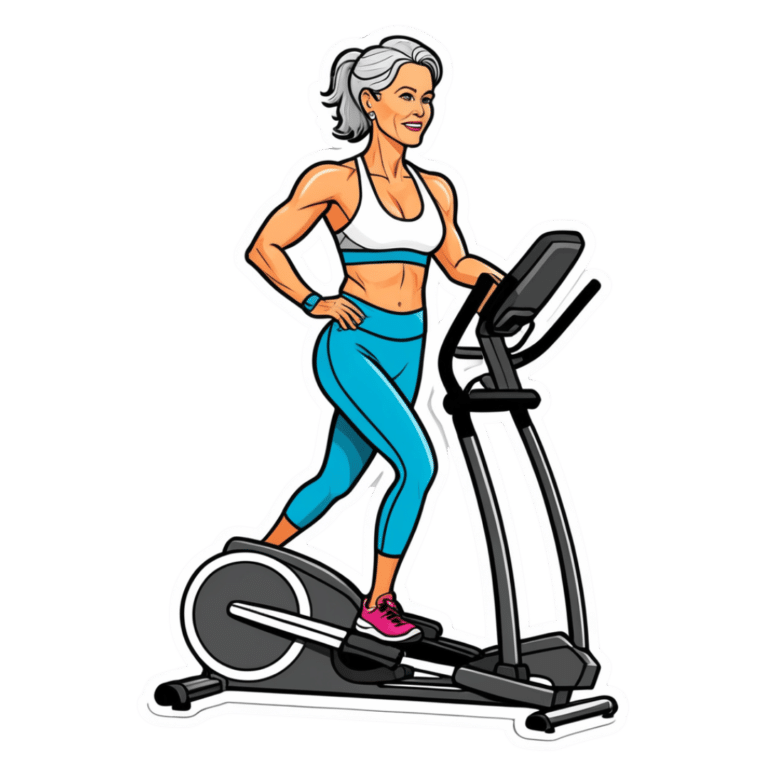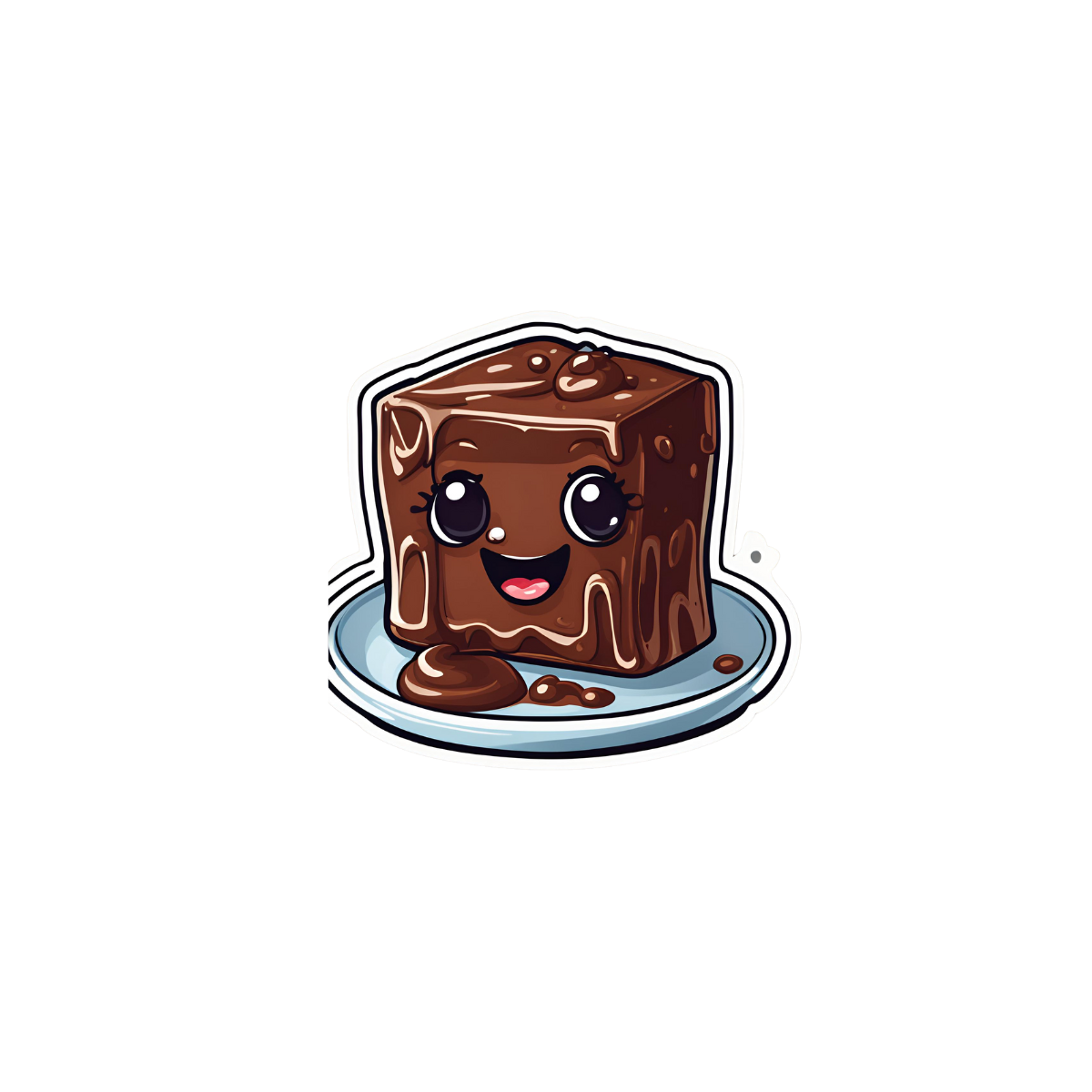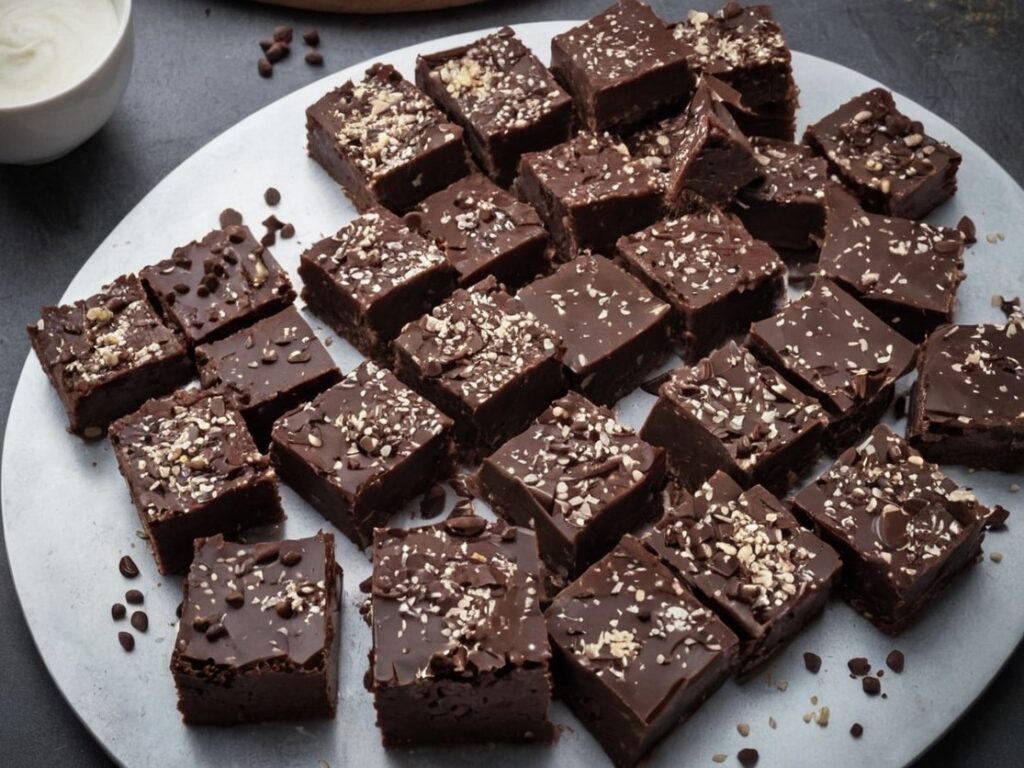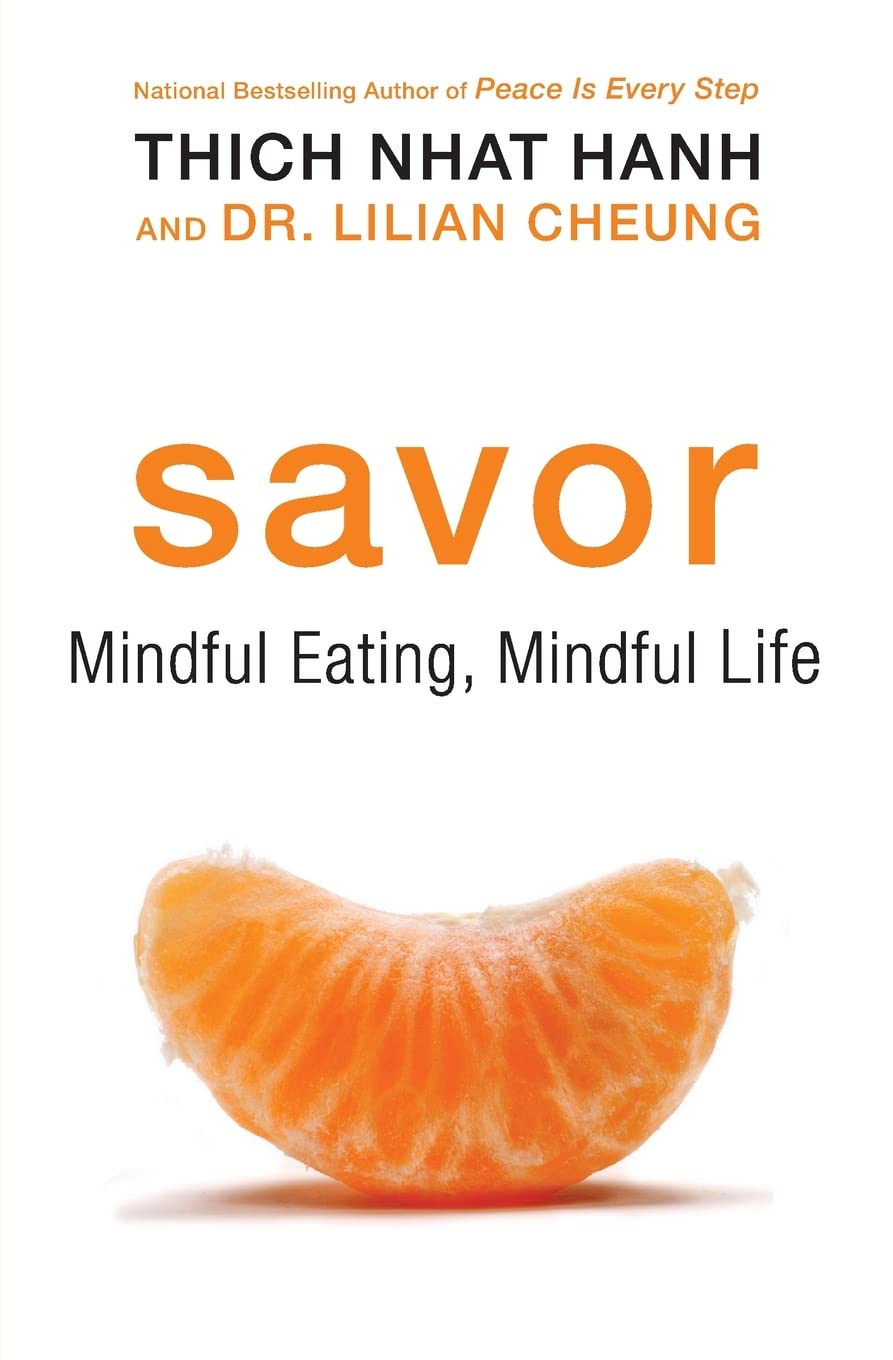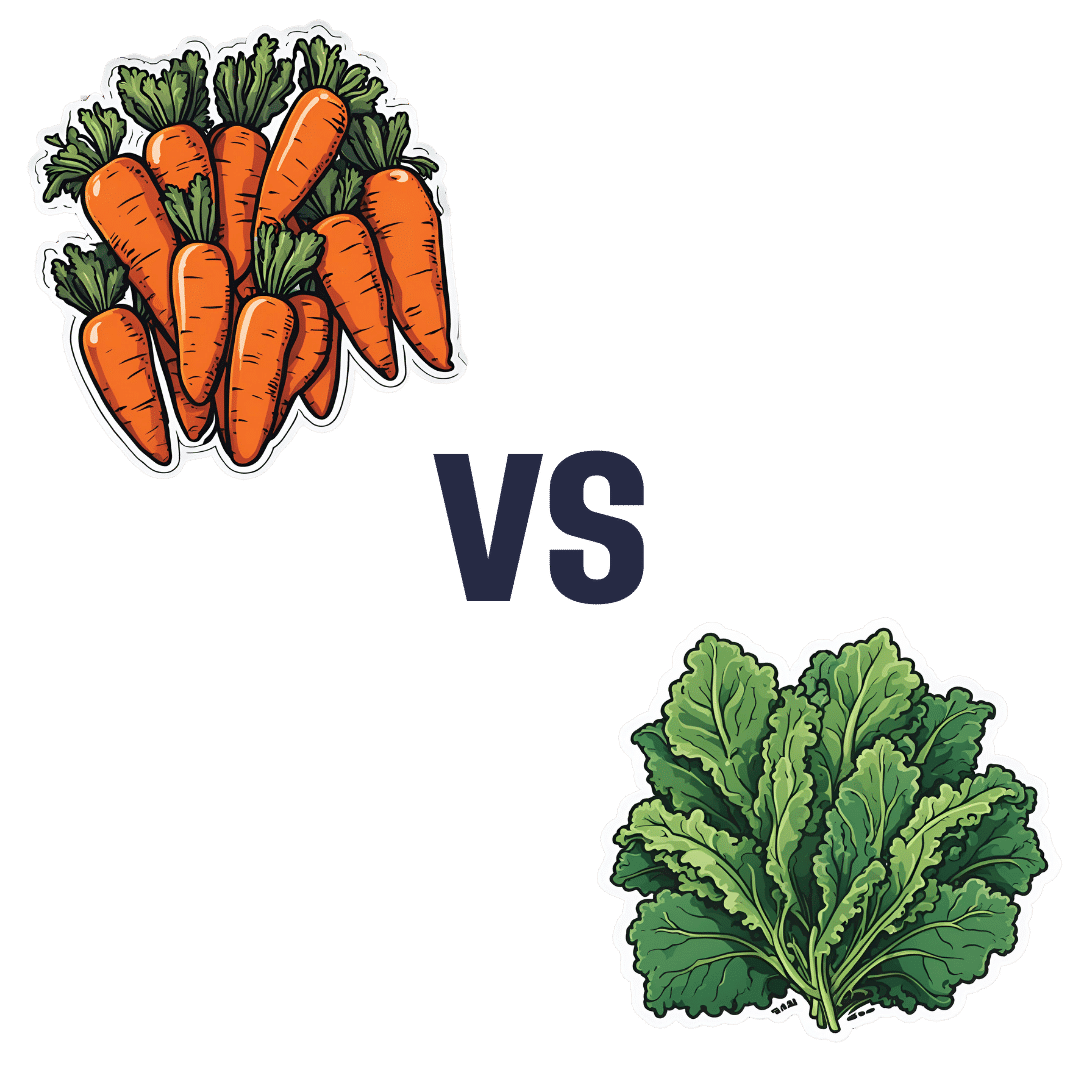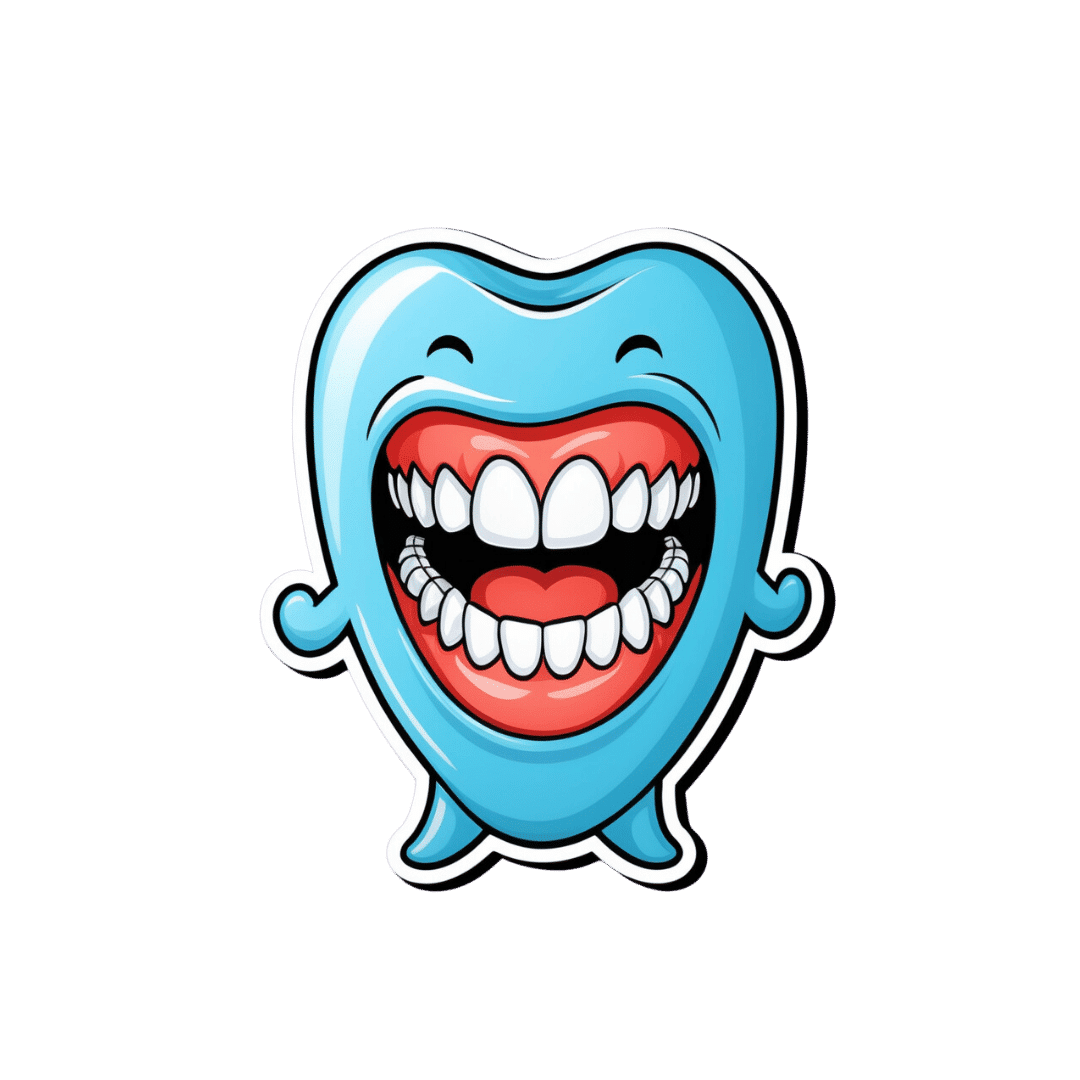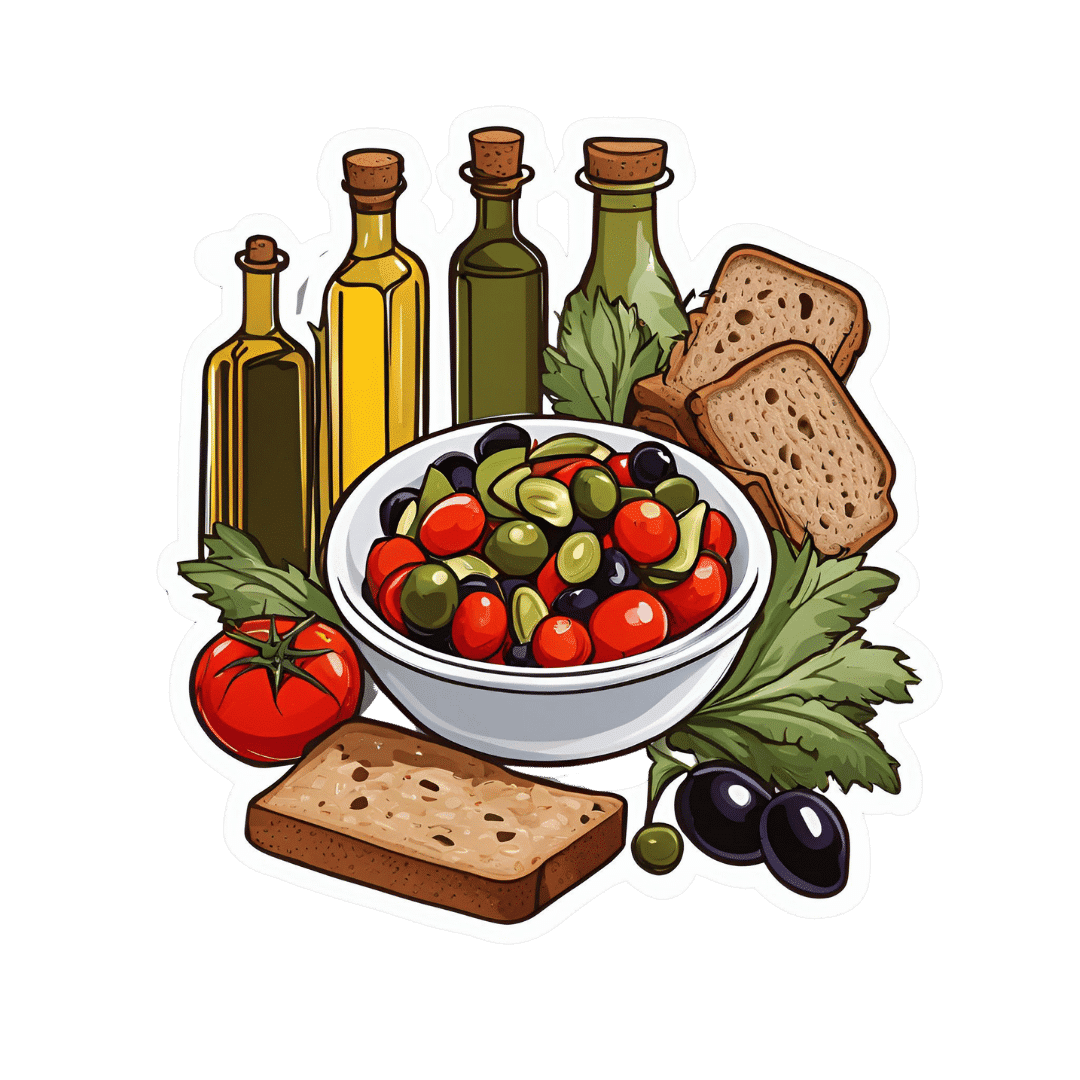
What Size Breakfast Is Best, By Science?
10almonds is reader-supported. We may, at no cost to you, receive a portion of sales if you purchase a product through a link in this article.
“Breakfast is the most important meal of the day”, the popular wisdom goes. But, what should it consist of, and how much should we be eating for breakfast?
It has been previously established that it is good if breakfast is the largest meal of the day:
…with meals getting progressively smaller thereafter.
Of course, very many people do the inverse: small (or skipped) breakfast, moderate lunch, larger dinner. This, however, is probably more a result of when eating fits around the modern industrialized workday (and thus gets normalized), rather than actual health considerations.
So, what’s the latest science?
A plucky band of researchers led by Dr. Karla-Alejandra Pérez-Vega investigated the importance of breakfast in the context of heart health. This research was done as part of a larger study into the effects of the Mediterranean Diet on cardiovascular health, so if anyone wants a quick recap before we carry on, then:
The Mediterranean Diet: What Is It Good For? ← the answer, by the way, is “pretty much everything”
…and there are also different versions that each use the Mediterranean Diet as the core, while focussing extra on a different area of health, including one to make it extra heart-healthy:
Four Ways To Upgrade The Mediterranean ← most anti-inflammatory / gut-healthiest / heart-healthiest / brain-healthiest
What they found
In their sample population (n=383) of Spanish adults aged 55–75 with pre-diagnosed metabolic syndrome who, as part of the intervention of this 36-month interventional study, had now for the past 36 months been on a Mediterranean diet but without specific guidance on portion sizes:
- Participants with insufficient breakfast energy intake had the highest adiposity (which is a measure of body fat expressed as a percentage of total mass)
- Participants with low or high (but not moderate) breakfast energy intake had the larger BMI and waist circumference over time
- Participants with low or high (but not moderate) breakfast energy intake had higher triglyceride and lower HDL (good) cholesterol levels
- Participants who consumed 20–30% of their daily calories at breakfast enjoyed the greatest improvements in lipid profiles, with lower triglycerides and higher HDL (good) cholesterol levels
- Participants with lower breakfast quality (lower adherence to Mediterranean Diet) had higher blood pressure levels
- Participants with lower breakfast quality (lower adherence to Mediterranean Diet) had higher blood sugar levels
- Participants with lower breakfast quality (lower adherence to Mediterranean Diet) had lower estimated glomerular filtration rate (which is an indicator of kidney function)
- Participants with higher breakfast quality (higher adherence to Mediterranean Diet) had lower waist circumference, higher HDL cholesterol, and better kidney function
You can see the paper itself here in the Journal of Nutrition, Health, and Aging:
What this means
According to this research, the heart-healthiest breakfast is:
- not skipped
- Mediterranean Diet adherent
- within the range of of 20–30% of the total calories for the day
Want to make it even better?
Consider:
Before You Eat Breakfast: 3 Surprising Facts About Intermittent Fasting
Enjoy!
Don’t Forget…
Did you arrive here from our newsletter? Don’t forget to return to the email to continue learning!
Recommended
Learn to Age Gracefully
Join the 98k+ American women taking control of their health & aging with our 100% free (and fun!) daily emails:
-
Sesame Chocolate Fudge
10almonds is reader-supported. We may, at no cost to you, receive a portion of sales if you purchase a product through a link in this article.
If you’d like a sweet treat without skyrocketing your blood sugars with, well, rocket fuel… Today’s recipe can help you enjoy a taste of decadence that’s not bad for your blood sugars, and good for your heart and brain.
You will need
- ½ cup sesame seeds
- ¼ cup cocoa powder
- 3 tbsp maple syrup
- 1 tbsp coconut oil (plus a little extra for the pan)
Method
(we suggest you read everything at least once before doing anything)
1) Lightly toast the sesame seeds in a pan until golden brown. Remove from the heat and allow to cool.
2) Put them in a food processor, and blend on full speed until they start to form a dough-like mixture. This may take a few minutes, so be patient. We recommend doing it in 30-second sessions with a 30-second rest between them, to avoiding overheating the motor.
3) Add the rest of the ingredients and blend to combine thoroughly—this should go easily now and only take 10 seconds or so, but judge it by eye.
4) Grease an 8″ square baking tin with a little coconut oil, and add the mixture, patting it down to fill the tin, making sure it is well-compressed.
5) Allow to chill in the fridge for 6 hours, until firm.
6) Turn the fudge out onto a chopping board, and cut into the size squares you want. Serve, or store in the fridge until ready to serve.
Enjoy!
Want to learn more?
For those interested in some of the science of what we have going on today:
- Tasty Polyphenols For Your Heart & Brain
- Cacao vs Carob – Which is Healthier?
- Can Saturated Fats Be Healthy?
Take care!
Share This Post
-
Savor: Mindful Eating, Mindful Life – by Thich Nhat Hanh and Dr. Lilian Cheung
10almonds is reader-supported. We may, at no cost to you, receive a portion of sales if you purchase a product through a link in this article.
We’ve talked about mindful eating before at 10almonds, so here’s a book about it. You may wonder how much there is to say!
As it happens, there’s quite a bit. The authors, a Buddhist monk (Hanh) and a Harvard nutritionist (Dr. Cheung) explore the role of mindful eating in our life.
There is an expectation that we the reader want to lose weight. If we don’t, those parts of the book will be a “miss” for us, but still contain plenty of other value.
Most of the same advices can be applied equally to other aspects of health, in any case. A lot of that comes from the book’s Buddhist principles, including the notion that:
- We are experiencing suffering
- Suffering has a cause
- What has a cause can have an end
- The way to this end is mindfulness
As such, the process itself is also mindfulness all the way through:
- To be mindful of our suffering (and not let it become background noise to be ignored)
- To be mindful of the cause of our suffering (rather than dismissing it as just how things are)
- To be mindful of how to address that, and thus end the suffering (rather than despairing in inaction)
- To engage mindfully in the process of doing so (and thus not fall into the trap of thinking “job done”)
And, as for Dr. Cheung? She also has input throughout, with practical advice about the more scientific side of rethinking one’s diet.
Bottom line: this is an atypical book, and/but perhaps an important one. Certainly, at the very least it may be one to try if more conventional approaches have failed!
Click here to check out “Savor” on Amazon today, and get mindful!
Share This Post
-
Carrot vs Kale – Which is Healthier?
10almonds is reader-supported. We may, at no cost to you, receive a portion of sales if you purchase a product through a link in this article.
Our Verdict
When comparing carrot to kale, we picked the kale.
Why?
These are both known as carotene-containing heavyweights, but kale emerges victorious:
In terms of macros, carrot has more carbs while kale has more protein and fiber. An easy win there for kale.
When it comes to vitamins, both are great! But, carrots contain more of vitamins A, B5, and choline, whereas kale contains more of vitamins B1, B2, B3, B6, B9, C, E, and K. And while carrot’s strongest point is vitamin A, a cup of carrots contains around 10x the recommended daily dose of vitamin A, whereas a cup of kale contains “only” 6x the recommended daily dose of vitamin A. So, did we really need the extra in carrots? Probably not. In any case, kale already won on overall vitamin coverage, by a long way.
In the category of minerals, kale again sweeps. On the one hand, carrots contain more sodium. On the other hand, kale contains a lot more calcium, copper, iron, magnesium, manganese, phosphorus, potassium, selenium, and zinc. Not a tricky choice!
But don’t be fooled: carrots really are a nutritional powerhouse and a great food. Kale is just better—nutritionally speaking, in any case. If you’re making a carrot cake, please don’t try substituting kale; it will not work 😉
Want to learn more?
You might like to read:
Take care!
Share This Post
Related Posts
-
Dentists Are Pulling ‘Healthy’ and Treatable Teeth To Profit From Implants, Experts Warn
10almonds is reader-supported. We may, at no cost to you, receive a portion of sales if you purchase a product through a link in this article.
Becky Carroll was missing a few teeth, and others were stained or crooked. Ashamed, she smiled with lips pressed closed. Her dentist offered to fix most of her teeth with root canals and crowns, Carroll said, but she was wary of traveling a long road of dental work.
Then Carroll saw a TV commercial for another path: ClearChoice Dental Implant Centers. The company advertises that it can give patients “a new smile in as little as one day” by surgically replacing teeth instead of fixing them.
So Carroll saved and borrowed for the surgery, she said. In an interview and a lawsuit, Carroll said that at a ClearChoice clinic in New Jersey in 2021, she agreed to pay $31,000 to replace all her natural upper teeth with pearly-white prosthetic ones. What came next, Carroll said, was “like a horror movie.”
Carroll alleged that her anesthesia wore off during implant surgery, so she became conscious as her teeth were removed and titanium screws were twisted into her jawbone. Afterward, Carroll’s prosthetic teeth were so misaligned that she was largely unable to chew for more than two years until she could afford corrective surgery at another clinic, according to a sworn deposition from her lawsuit.
ClearChoice has denied Carroll’s claims of malpractice and negligence in court filings and did not respond to requests for comment on the ongoing case.
“I thought implants would be easier, and all at once, so you didn’t have to keep going back to the dentist,” Carroll, 52, said in an interview. “But I should have asked more questions … like, Can they save these teeth?”
Dental implants have been used for more than half a century to surgically replace missing or damaged teeth with artificial duplicates, often with picture-perfect results. While implant dentistry was once the domain of a small group of highly trained dentists and specialists, tens of thousands of dental providers now offer the surgery and place millions of implants each year in the U.S.
Amid this booming industry, some implant experts worry that many dentists are losing sight of dentistry’s fundamental goal of preserving natural teeth and have become too willing to remove teeth to make room for expensive implants, according to a months-long investigation by KFF Health News and CBS News. In interviews, 10 experts said they had each given second opinions to multiple patients who had been recommended for mouths full of implants that the experts ultimately determined were not necessary. Separately, lawsuits filed across the country have alleged that implant patients like Carroll have experienced painful complications that have required corrective surgery, while other lawsuits alleged dentists at some implant clinics have persuaded, pressured, or forced patients to remove teeth unnecessarily.
The experts warn that implants, for a single tooth or an entire mouth, expose patients to costs and surgery complications, plus a new risk of future dental problems with fewer treatment options because their natural teeth are forever gone.
“There are many cases where teeth, they’re perfectly fine, and they’re being removed unnecessarily,” said William Giannobile, dean of the Harvard School of Dental Medicine. “I really hate to say it, but many of them are doing it because these procedures, from a monetary standpoint, they’re much more beneficial to the practitioner.”
Giannobile and nine other experts say they are combating a false public perception that implants are more durable and longer-lasting than natural teeth, which some believe stems in part from advertising on TV and social media. Implants require upkeep, and although they can’t get cavities, studies have shown that patients can be susceptible to infections in the gums and bone around their implants.
“Just because somebody can afford implants doesn’t necessarily mean that they’re a good candidate,” said George Mandelaris, a Chicago-area periodontist and member of the American Academy of Periodontology Board of Trustees. “When an implant has infection, or when an implant has bone loss, an implant dies a much quicker death than do teeth.”
In its simplest form, implant surgery involves extracting a single tooth and replacing it with a metal post that is screwed into the jaw and then affixed with a prosthetic tooth commonly made of porcelain, also known as a crown. Patients can also use “full-arch” or “All-on-4” implants to replace all their upper or lower teeth — or all their teeth.
For this story, KFF Health News and CBS News sought interviews with large dental chains whose clinics offer implant surgery — ClearChoice, Aspen Dental, Affordable Care, and Dental Care Alliance — each of which declined to be interviewed or did not respond to multiple requests for comment. The Association of Dental Support Organizations, which represents these companies and others like them, also declined an interview request.
ClearChoice, which specializes in full-arch implants, did not answer more than two dozen questions submitted in writing. In an emailed statement, the company said full-arch implants “have become a well-accepted standard of care for patients with severe tooth loss and teeth with poor prognosis.”
“The use of full-arch restorations reflects the evolution of modern dentistry, offering patients a solution that restores their ability to eat, speak, and live comfortably — far beyond what traditional dentures can provide,” the company said.
Carroll said she regrets not letting her dentist try to fix her teeth and rushing to ClearChoice for implants.
“Because it was a nightmare,” she said.
‘They Are Not Teeth’
Dental implant surgery can be a godsend for patients with unsalvageable teeth. Several experts said implants can be so transformative that their invention should have contended for a Nobel Prize. And yet, these experts still worry that implants are overused, because it is generally better for patients to have their natural teeth.
Paul Rosen, a Pennsylvania periodontist who said he has worked with implants for more than three decades, said many patients believe a “fallacy” that implants are “bulletproof.”
“You can’t just have an implant placed and go off riding into the sunset,” Rosen said. “In many instances, they need more care than teeth because they are not teeth.”
Generally, a single implant costs a few thousand dollars while full-arch implants cost tens of thousands. Neither procedure is well covered by dental insurance, so many clinics partner with credit companies that offer loans for implant surgeries. At ClearChoice, for example, loans can be as large as $65,000 paid off over 10 years, according to the company’s website.
Despite the price, implants are more popular than ever. Sales increased by more than 6% on average each year since 2010, culminating in more than 3.7 million implants sold in the U.S. in 2022, according to a 2023 report produced by iData Research, a health care market research firm.
Some worry implant dentistry has gone too far. In 10 interviews, dentists and dental specialists with expertise in implants said they had witnessed the overuse of implants firsthand. Each expert said they’d examined multiple patients in recent years who were recommended for full-arch implants by other dentists despite their teeth being treatable with conventional dentistry.
Giannobile, the Harvard dean, said he had given second opinions to “dozens” of patients who were recommended for implants they did not need.
“I see many of these patients now that are coming in and saying, ‘I’ve been seen, and they are telling me to get my entire dentition — all of my teeth — extracted.’ And then I’ll take a look at them and say that we can preserve most of your teeth,” Giannobile said.
Tim Kosinski, who is a representative of the Academy of General Dentistry and said he has placed more than 19,000 implants, said he examines as many as five patients a month who have been recommended for full-arch implants that he deems unnecessary.
“There is a push in the profession to remove teeth that could be saved,” Kosinski said. “But the public isn’t aware.”
Luiz Gonzaga, a periodontist and prosthodontist at the University of Florida, said he, too, had turned away patients who wanted most or all their teeth extracted. Gonzaga said some had received implant recommendations that he considered “an atrocity.”
“You don’t go to the hospital and tell them ‘I broke my finger a couple of times. This is bothering me. Can you please cut my finger off?’ No one will do that,” Gonzaga said. “Why would I extract your tooth because you need a root canal?”
Jaime Lozada, director of an elite dental implant residency program at Loma Linda University, said he’d not only witnessed an increase in dentists extracting “perfectly healthy teeth” but also treated a rash of patients with mouths full of ill-fitting implants that had to be surgically replaced.
Lozada said in August that he’d treated seven such patients in just three months.
“When individuals just make a decision of extracting teeth to make it simple and make money quick, so to speak, that’s where I have a problem,” Lozada said. “And it happens quite often.”
When full-arch implants fail, patients sometimes don’t have enough jawbone left to anchor another set. These patients have little choice but to get implants that reach into cheekbones, said Sohail Saghezchi, an oral and maxillofacial surgeon at the University of California-San Francisco.
“It’s kind of like a last resort,” Saghezchi said. “If those fail, you don’t have anywhere else to go.”
‘It Was Horrendous Dentistry’
Most of the experts interviewed for this article said their rising alarm corresponded with big changes in the availability of dental implants. Implants are now offered by more than 70,000 dental providers nationwide, two-thirds of whom are general dentists, according to the iData Research report.
Dentists are not required to learn how to place implants in dental school, nor are they required to complete implant training before performing the surgery in nearly all states. This year, Oregon started requiring dentists to complete 56 hours of hands-on training before placing any implants. Stephen Prisby, executive director of the Oregon Board of Dentistry, said the requirement — the first and only of its kind in the U.S. — was a response to dozens of investigations in the state into botched surgeries and other implant failures, split evenly between general dentists and specialists.
“I was frankly stunned at how bad some of these dentists were practicing,” Prisby said. “It was horrendous dentistry.”
Many dental clinics that offer implants have consolidated into chains owned by private equity firms that have bought out much of implant dentistry. In health care, private equity investment is sometimes criticized for overtreatment and prioritizing short-term profit over patients.
Private equity firms have spent about $5 billion in recent years to buy large dental chains that offer implants at hundreds of clinics owned by individual dentists and dental specialists. ClearChoice was bought for an estimated $1.1 billion in 2020 by Aspen Dental, which is owned by three private equity firms, according to PitchBook, a research firm focused on the private equity industry. Private equity firms also bought Affordable Care, whose largest clinic brand is Affordable Dentures & Implants, for an estimated $2.7 billion in 2021, according to PitchBook. And the private equity wing of the Abu Dhabi government bought Dental Care Alliance, which offers implants at many of its affiliated clinics, for an estimated $1 billion in 2022, according to PitchBook.
ClearChoice and Aspen Dental each said in email statements that the companies’ private equity owners “do not have influence or control over treatment recommendations.” Both companies said dentists or dental specialists make all clinical decisions.
Private equity deals involving dental practices increased ninefold from 2011 to 2021, according to an American Dental Association study published in August. The study also said investors showed an interest in oral surgery, possibly because of the “high prices” of implants.
“Some argue this is a negative thing,” said Marko Vujicic, vice president of the association’s Health Policy Institute, who co-authored the study. “On the other hand, some would argue that involvement of private equity and outside capital brings economies of scale, it brings efficiency.”
Edwin Zinman, a San Francisco dental malpractice attorney and former periodontist who has filed hundreds of dental lawsuits over four decades, said he believed many of the worst fears about private equity owners had already come true in implant dentistry.
“They’ve sold a lot of [implants], and some of it unnecessarily, and too often done negligently, without having the dentists who are doing it have the necessary training and experience,” Zinman said. “It’s for five simple letters: M-O-N-E-Y.”
Hundreds of Implant Clinics With No Specialists
For this article, journalists from KFF Health News and CBS News analyzed the webpages for more than 1,000 clinics in the nation’s largest private equity-owned dental chains, all of which offer some implants. The analysis found that more than 70% of those clinics listed only general dentists on their websites and did not appear to employ the specialists — oral surgeons, periodontists, or prosthodontists — who traditionally have more training with implants.
Affordable Dentures & Implants listed specialists at fewer than 5% of its more than 400 clinics, according to the analysis. The rest were staffed by general dentists, most of whom did not list credentialing from implant training organizations, according to the analysis.
ClearChoice, on the other hand, employs at least one oral surgeon or prosthodontist at each of its more than 100 centers, according to the analysis. But its new parent company, Aspen Dental, which offers implants in many of its more than 1,100 clinics, does not list any specialists at many of those locations.
Not everyone is worried about private equity in implant dentistry. In interviews arranged by the American Academy of Implant Dentistry, which trains dentists to use implants, two other implant experts did not express concerns about private equity firms.
Brian Jackson, a former academy president and implant specialist in New York, said he believed dentists are too ethical and patients are too smart to be pressured by private equity owners “who will never see a patient.”
Jumoke Adedoyin, a chief clinical officer for Affordable Care, who has placed implants at an Affordable Dentures & Implants clinic in the Atlanta suburbs for 15 years, said she had never felt pressure from above to sell implants.
“I’ve actually felt more pressure sometimes from patients who have gone around and been told they need to take their teeth out,” she said. “They come in and, honestly, taking a look at them, maybe they don’t need to take all their teeth out.”
Still, lawsuits filed across the country have alleged that dentists at implant clinics have extracted patients’ teeth unnecessarily.
For example, in Texas, a patient alleged in a 2020 lawsuit that an Affordable Care dentist removed “every single tooth from her mouth when such was not necessary,” then stuffed her mouth with gauze and left her waiting in the lobby as he and his staff left for lunch. In Maryland, a patient alleged in a 2021 lawsuit that ClearChoice “convinced” her to extract “eight healthy upper teeth,” by “greatly downplay[ing] the risks.” In Florida, a patient alleged in a 2023 lawsuit that ClearChoice provided her with no other treatment options before extracting all her teeth, “which was totally unnecessary.”
ClearChoice and Affordable Care denied wrongdoing in their respective lawsuits, then privately settled out of court with each patient. ClearChoice and Affordable Care did not respond to requests for comment submitted to the companies or attorneys. Lawyers for all three plaintiffs declined to comment on these lawsuits or did not respond to requests for comment.
Fred Goldberg, a Maryland dental malpractice attorney who said he has represented at least six clients who sued ClearChoice, said each of his clients agreed to get implants after meeting with a salesperson — not a dentist.
“Every client I’ve had who has gone to ClearChoice has started off meeting a salesperson and actually signing up to get their financing through ClearChoice before they ever meet with a dentist,” Goldberg said. “You meet with a salesperson who sells you on what they like to present as the best choice, which is almost always that they’re going to take out all your natural teeth.”
Becky Carroll, the ClearChoice patient from New Jersey, told a similar story.
Carroll said in her lawsuit that she met first with a ClearChoice salesperson referred to as a “patient education consultant.” In an interview, Carroll said the salesperson encouraged her to borrow money from family members for the surgery and it was not until after she agreed to a loan and passed a credit check that a ClearChoice dentist peered into her mouth.
“It seems way backwards,” Carroll said. “They just want to know you’re approved before you get to talk to a dentist.”
CBS News producer Nicole Keller contributed to this report.
KFF Health News is a national newsroom that produces in-depth journalism about health issues and is one of the core operating programs at KFF—an independent source of health policy research, polling, and journalism. Learn more about KFF.
Subscribe to KFF Health News’ free Morning Briefing.
This article first appeared on KFF Health News and is republished here under a Creative Commons license.
Don’t Forget…
Did you arrive here from our newsletter? Don’t forget to return to the email to continue learning!
Learn to Age Gracefully
Join the 98k+ American women taking control of their health & aging with our 100% free (and fun!) daily emails:
-
Is Air-Fried Food Really Healthier?
10almonds is reader-supported. We may, at no cost to you, receive a portion of sales if you purchase a product through a link in this article.
Air-frying has a reputation for being healthy—and it generally is, provided it’s used carefully:
Just one thing to watch out for
An air-fryer is basically a small convection oven that uses circulating air rather than immersion in oil to cook food. The smallness of an air-fryer is a feature not a bug—if you get an air-fryer over a certain size, then congratulations, you just have a convection oven. The small size it what helps it to cook so efficiently. This is one reason that they’re not really used in industrial settings.
The documentary-makers from this video had their food (chicken, fish, and fries) lab-tested (for fat, cholesterol, and acrylamide), and found:
- Air-frying significantly reduced saturated fat (38–53%) and trans fats (up to 55%) in some foods.
- Cholesterol reduction varied depending on the food type.
- Acrylamide levels in air-fried potatoes were much higher due to cooking time and temperature.
About that acrylamide: acrylamide forms in starchy foods at high temperatures and may pose cancer risks (the research is as yet unclear, with conflicting evidence). Air-frying can cause higher acrylamide levels if cooking is prolonged or temperatures are too high.
Recommendations to reduce acrylamide:
- Soak potatoes before cooking.
- Use lower temperatures (e.g. 180℃/350℉) and shorter cooking times.
- Avoid over-browning food.
For more on all of this, enjoy:
Click Here If The Embedded Video Doesn’t Load Automatically!
Want to learn more?
You might also like to read:
Unlock Your Air-Fryer’s Potential!
Take care!
Don’t Forget…
Did you arrive here from our newsletter? Don’t forget to return to the email to continue learning!
Learn to Age Gracefully
Join the 98k+ American women taking control of their health & aging with our 100% free (and fun!) daily emails:
-
15 Easy Japanese Habits That Will Transform Your Health
10almonds is reader-supported. We may, at no cost to you, receive a portion of sales if you purchase a product through a link in this article.
The original title says “no-cost habits”, but in fairness, for most of us food is not usually free (alas). So, we will say “easy” instead, because they are indeed easy to build into your life:
15 Healthy Habits To Adopt
We’ll not keep them a mystery; they are:
- Intermittent fasting: naturally fasting for at least 12 hours overnight improves digestion and sleep quality.
- Fermented foods: regularly consuming fermented foods (like kimchi, or even just sauces like miso and shio koji) supports gut health.
- Rice & legumes over wheat: choosing wholegrain rice as a staple reduces bloating and benefits skin health (lentils are even better).
- Big breakfast, light dinner: eating a heavier breakfast and a lighter dinner gives energy in the morning and allows digestion to rest at night.
- Balancing indulgences: enjoying social meals without guilt and balancing food intake the next day.
- Daily gentle exercise: doing at least 15 minutes of yoga, Pilates, or light walking for long-term health.
- Daily baths: taking a warm bath boosts blood circulation and relaxation.
- Eating seasonal & diverse foods: including a variety of fresh, seasonal ingredients for balanced nutrition.
- Consistent morning routine: waking up at the same time, cleansing and moisturizing, and having a proper breakfast.
- Enjoying soup with meals: consuming nutrient-rich soups with vegetables and protein to prevent overeating.
- Chewing food thoroughly: eating slowly and chewing well aids digestion and enhances enjoyment.
- Light seasoning in food: avoiding overly salty or flavorful meals to appreciate natural tastes.
- Maintaining good posture: paying attention to posture during daily activities for better overall health.
- Prioritizing protein intake: eating protein-rich foods like tofu, beans, eggs, and fish, to maintain skin firmness as well as muscletone.
- Confidence in aging: focusing on internal well-being over external opinions and embracing health at every age.
For more on each of these, enjoy:
Click Here If The Embedded Video Doesn’t Load Automatically!
Want to learn more?
You might also like:
Take care!
Don’t Forget…
Did you arrive here from our newsletter? Don’t forget to return to the email to continue learning!
Learn to Age Gracefully
Join the 98k+ American women taking control of their health & aging with our 100% free (and fun!) daily emails:

